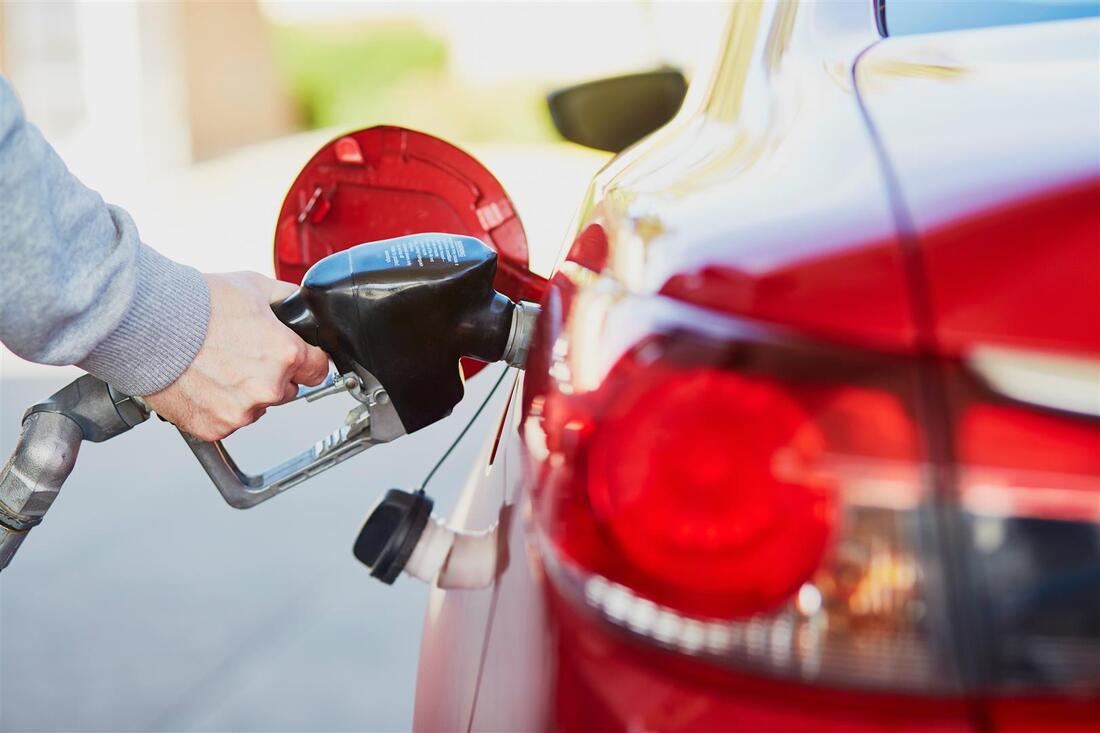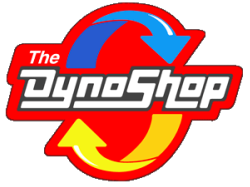 When we examine the topic of burning gasoline or diesel fuel, there are only a number of things that actually play a meaningful part in the reduction of gas mileage to point of being noticeable. There are a number of reasons to blame for your gas mileage not being what it used to - the gasoline you are using might be different and contain more ethanol, the conditions in your engine or fuel system may have changed causing your vehicle to be less efficient in converting the fuel energy, or you might be driving differently maybe a bit more aggressive or more city instead of highway driving. The biggest culprit that has been discovered over the last century of driving is carbon deposits in older vehicles. Your vehicle can develop deposits in the fuel system leading up to the engine, in the fuel injectors themselves, or on other critical components such as the oxygen sensor or the EGR valve. It is the fuel filters job to filter these deposits out before the fuel reaches combustion, if not this will effect the mileage and emissions. Fuel Injector deposits effect mileage by impairing the injector to spray an efficient nice fine mist that can burn at the optimal rate. The deposit in the injector causes the spray to be more like a dribble in both gasoline and diesel engines, affecting the air/fuel mixture and how much actually gets used during combustion. In all of the scenarios your engine is not running at it's best. These deposits form usually from gasoline or diesel that hasn't been fully burned. The incomplete by-products settle and typically morph over time into carbon molecules that have been cooked. The best way to prevent deposits of any kind is with additives that deal with the deposits as they form or remove pre-existing ones. Gasoline and diesel have detergent requirements; diesel doesn't have one, which is why additives are in high demand; gasoline's detergent level is mandated by the Government. But research has shown that the lowest acceptable quantity detergency often isn't enough. So now you're asking yourself, how can The Dyno Shop help? Let me tell ya. First we can check all or most of these components for deposits. We offer a top engine clean, injector flow testing and clean/rebuild, as well as suggestions for which additive would be best. Along with these services, we would suggest having the tire pressure checked, replacement of the air and fuel filters, spark plugs gap checked and possible replacement, cap and rotor replaced (on carburetor vehicles), Oxygen Sensor examined and to check to make sure you have a good flowing muffler. For more information or if you have any question, give us a call 619-562-3933!!
1 Comment
To improve your gas mileage, try practicing fuel-efficient driving habits, maintaining your vehicle regularly, keeping your tires properly inflated, and avoiding unnecessary idling. If you notice a sudden and significant drop in gas mileage, it's a good idea to have your vehicle inspected by a professional mechanic to identify and address any potential issues.
Reply
Leave a Reply. |
Categories
All
Archives
January 2020
|
The Dyno Shop
10042 Prospect Ave, Santee, CA 92071
(619) 562-3933
Business hours:
Monday through Friday, 8:00 am - 5:00pm*
Closed on Holidays
EZ Auto Registration hours:
Monday through Friday, 8:00 am – 5:00 pm*
Closed on Holidays
*Closed from 11:30 am to 12:30 pm daily - but we will be answering the phone :)
Thank you for your continued patronage!
10042 Prospect Ave, Santee, CA 92071
(619) 562-3933
Business hours:
Monday through Friday, 8:00 am - 5:00pm*
Closed on Holidays
EZ Auto Registration hours:
Monday through Friday, 8:00 am – 5:00 pm*
Closed on Holidays
*Closed from 11:30 am to 12:30 pm daily - but we will be answering the phone :)
Thank you for your continued patronage!
Powered by Benchmark Email
© 2017 The Dyno Shop

 RSS Feed
RSS Feed


